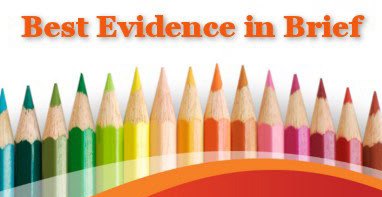Almost three years since the COVID-19 pandemic, there is a growing number of studies examining the learning loss of school-aged children during the pandemic. The first meta-analysis of global learning loss has been published in Nature Human Behavior, and reviews the existing evidence on the extent to which learning progress has slowed down since the onset of the pandemic, and how it varies across different groups of students, subject domains and country contexts.
To be eligible for inclusion, studies had to: (1) measure learning progress using test scores that could be standardized across studies using Cohen’s d, (2) base their estimates on empirical data collected since the onset of the COVID-19 pandemic, rather than making projections based on pre-COVID-19 data, and (3) be written in English, Danish, Dutch, French, German, Norwegian, Spanish or Swedish.
A total of 42 studies (including 291 estimates) across 15 countries met these inclusion criteria, conducted from the start of the pandemic in 2020 through March 2022. This meta-analysis revealed that: (1) Overall, a substantial learning loss (Cohen’d = -0.14) was found, meaning that students lost out on 35% of a school years’ worth of learning; (2)
On average, learning loss arose early in the pandemic and persisted over time; (3) Learning loss was particularly large among students from low socio-economic backgrounds; (4) Learning loss was larger in math than in reading, and (5) Learning loss was larger in poorer countries.

